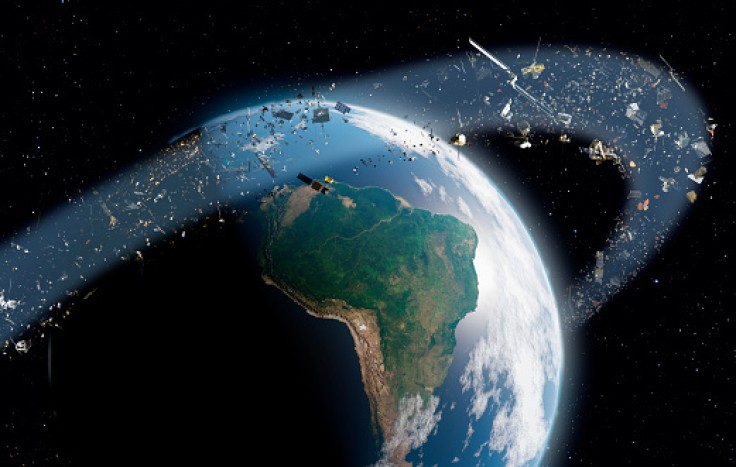Thanks to satellites, we have better services in terms of communication, internet, weather forecasting, GPS, and more. Companies have been sending up satellites more and more in the last few decades, and it won't be long until collision hazard becomes a major problem.

MIT's MOCAT Tool
Many experts have already noticed that Earth's low orbit is already approaching a level of space traffic that cannot be ignored. Due to this concern, MIT's Astrodynamics, Space Robotics, and Controls Laboratory have worked together to create a helpful tool.
Called the MIT Orbital Capacity Assessment Tool, or MOCAT, it can be used to determine the long-term future space environment which can provide insights into what the next steps should be in satellite launching.
MOCAT is capable of modeling individual objects, as well as factoring in parameters, orbital characteristics, fragmentation scenarios, and collision probabilities, as per Interesting Engineering, making it a more comprehensive tool.
The ARCLab team has been developing the models for several years and believes that an open-source implementation of evolutionary modeling tools is necessary to improve decision-making when it comes to sustainable space use, which is why it's available on GitHub.
There are two components to MOCAT. One is the MOCAT-MC, which evaluates space environment evolution based on the individual trajectory simulation and Monte Carlo analysis, the report says, which looks into a space object's evolution.
The second one is the MOCAT Source Sink Evolutionary Model (MOCAT=SSEM), which is for lower fidelity modeling use. It can be run using less powerful computers and can yield results in just a matter of seconds or minutes.
Even NASA's Associate Administrator for the Office of Technology, Policy, and Strategy, Charity Weeden said that the open-source modeling tool "is a public good that will advance space sustainability, improve evidence-based policy analysis, and help all users of space make better decisions."
Why Space Debris is an Urgent Matter
Most of the satellites that have been sent into space are still there, meaning that they are more traffic as more companies send up satellites. There are more dead satellites in space compared to active ones. Luckily, some that were positioned in lower orbits have already fallen and burned up.
The National History Museum states those that remain will continue to orbit Earth for hundreds to thousands of years, and this can be a problem due to the possibility of it colliding with active ones and causing issues on the ground.
The good news is that the Federal Communications Commission is already well aware of the situation and has already fined a company for space debris. Dish Network will have to pay a $150 fine for not shifting its satellite farther from Earth, according to The Verge.
This is a step in the right direction as it will encourage companies to be more responsible when it comes to launching, using, and managing their space debris. Space pollution could not just damage other satellites in space but spacecraft that are being launched as well.









